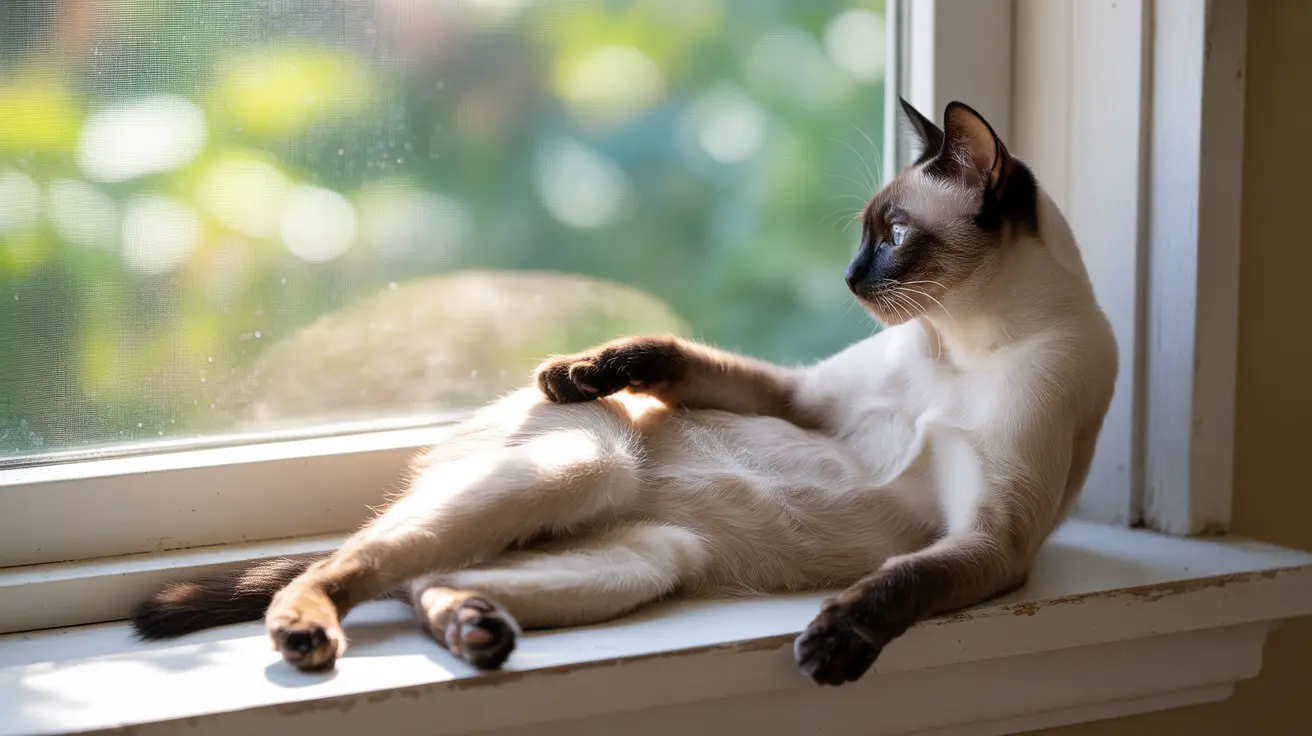When it comes to remarkable animal companions, some cats defy the odds and live extraordinarily long lives. The tale of Creme Puff, the oldest cat ever recorded, is a fascinating journey into the potential limits of feline longevity that has captivated pet lovers worldwide.
In this exploration, we'll dive deep into the extraordinary world of long-lived cats, uncovering the mysteries behind exceptional feline lifespans and what makes some cats live far beyond typical expectations.
The Guinness World Record Holder: Creme Puff's Incredible Journey
At the heart of our story is Creme Puff, a legendary cat who holds the Guinness World Record for the oldest cat ever. Living an astonishing 38 years and 3 days, this remarkable feline was owned by Jake Perry in Austin, Texas, challenging everything we thought we knew about cat lifespans.
The Man Behind the Miracle: Jake Perry
Interestingly, Jake Perry isn't just known for Creme Puff. He owned another exceptionally long-lived cat named Grandpa Rex Allen, suggesting there might be more to exceptional cat longevity than mere chance.
Factors Influencing Cat Longevity
Nutrition and Care
While exceptional cases like Creme Puff are rare, proper nutrition and healthcare play crucial roles in extending a cat's life. Balanced diets, regular veterinary check-ups, and a safe living environment can significantly impact a cat's overall health and potential lifespan.
Genetic Considerations
Genetics also play a pivotal role in determining how long a cat might live. Some breeds are known for their robust health and longer lifespans, while others might be predisposed to certain health conditions that can shorten their lives.
Understanding Average Cat Lifespans
Most domestic cats typically live between 12 to 18 years. Reaching 20 years is considered quite remarkable, which makes Creme Puff's 38-year lifespan truly extraordinary. Factors like indoor living, quality of care, and individual health significantly influence these numbers.
Lifestyle and Environmental Factors
- Indoor cats generally live longer than outdoor cats
- Regular veterinary care can detect and prevent potential health issues
- Stress reduction and mental stimulation contribute to overall health
- Proper diet and weight management are crucial for longevity
Frequently Asked Questions
What makes some cats live longer than others?
Longevity in cats is influenced by a combination of genetics, diet, healthcare, environment, and lifestyle. Cats with consistent veterinary care, balanced nutrition, and low-stress living conditions tend to live longer.
How can I increase my cat's lifespan?
Provide high-quality nutrition, regular veterinary check-ups, keep your cat indoors, maintain a healthy weight, and ensure mental and physical stimulation through play and interaction.
What is the average lifespan of a pet cat?
Most pet cats live between 12 to 18 years, with some exceptional cases reaching 20 years or more. Indoor cats typically live longer than outdoor cats due to reduced risks.
What diet and health practices contributed to Creme Puff's exceptional longevity?
While specific details aren't fully known, consistent care, potentially a balanced diet, and minimal stress likely played significant roles in Creme Puff's extraordinary lifespan.
Are there any genetic factors that influence how long a cat can live?
Yes, genetic factors can significantly impact a cat's potential lifespan. Some breeds are naturally more robust, while others might be predisposed to specific health conditions that can affect longevity.






